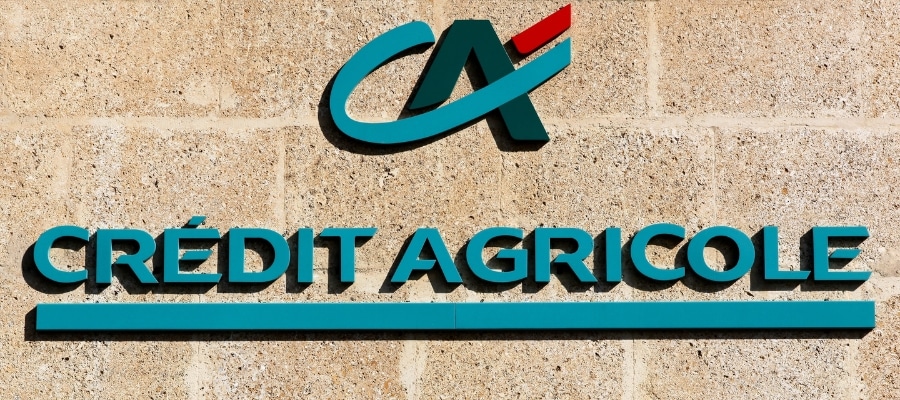Paris, February 26, 2024 – In a significant setback for oil giant TotalEnergies, Crédit Agricole has said it will not directly finance the controversial Papua LNG project in Papua New Guinea. The French bank is TotalEnergies’ financial advisor on this gas megaproject. TotalEnergies is struggling to find financiers for this project, which is backed by Emmanuel Macron (1). The other major French banks, including long-standing supporters of TotalEnergies such as BNP Paribas and Société Générale, have declared that they will not finance the project (2). Reclaim Finance has welcomed these decisions and calls on other international banks to follow suit in order to put a stop to this project, which is harmful to the environment, the climate and human rights.
According to the French media outlet France 24, Crédit Agricole will not finance the Papua LNG project directly (3), even though the French bank continues providing financial advice to the company. This decision follows criticisms from local and international civil society organizations on this gas mega-project (4). Papua LNG would emit an estimated 220 million tonnes of CO2 in a country where the population is already hard hit by the effects of climate change (5).
Crédit Agricole’s decision shows that Papua LNG is not an acceptable project to finance because of its impact on the climate, the environment and human rights. All French banks have now recognized this. It’s time for TotalEnergies to understand the signs that these banks are sending and not develop this project.
Peter Bosip, Director of the Papuan NGO CELCOR
So far 8 banks have turned their back on the financing of the Papua LNG project: France’s BNP Paribas, BPCE/Natixis, Crédit Agricole, Société Générale, CIC/Crédit Mutuel, Italy’s UniCredit and Australia’s Commonwealth Bank of Australia and Westpac (6). These 8 banks had financed the PNG LNG project operated by ExxonMobil in Papua New Guinea between 2005 and 2010. Another sign that the Papua LNG project is having trouble convincing banks is that some of those that have said no include TotalEnergies’ leading financiers. Crédit Agricole, BNP Paribas and Société Générale are TotalEnergies’ top three banks, having provided it with over US$23 billion in financing between 2016 and 2022 (7).
The tide is starting to turn for TotalEnergies. The fact that Crédit Agricole – TotalEnergies‘ financial advisor on this project – is refusing to finance this project, is proof of its harmful nature. This is good news, but we now need the other international banks that usually finance this type of project to follow suit.
Antoine Bouhey, Campaigner at Reclaim Finance
Basic due diligence by financiers should make plain the serious climate, biodiversity and human rights risks of the Papua LNG project. Even Crédit Agricole – TotalEnergies‘ own financial advisor – won’t finance it. Research shows that Papua New Guinea could dramatically expand energy access and supply 78% of on-grid energy through renewables by 2030 – if only someone would fund it.
Shona Hawkes, Climate and Environmental Justice Director at Jubilee Australia Research Centre
Key banks have turned their backs on TotalEnergies, Santos and their giant Papua LNG carbon bomb, sending a strong signal to potential Asia-Pacific financiers, ANZ, NAB, MUFG, SMBC, and Mizuho, that lending to this disastrous project is not worth the immense climate, human rights and reputation risks.
Will van de Pol, CEO of Market Forces
The Final Investment Decision, which would normally trigger the construction phase, has been postponed. This final stage was scheduled for the end of 2023 and has now been postponed to the end of 2024, not least because of the financing difficulties facing the project. If implemented, the Papua LNG project will start operating in 2028. Global gas demand is expected to peak before the end of the decade, according to International Energy Agency projections (8). And there is no guarantee that the liquefied natural gas produced will be sold, as no long-term sales and purchase agreements have been made public to date.



